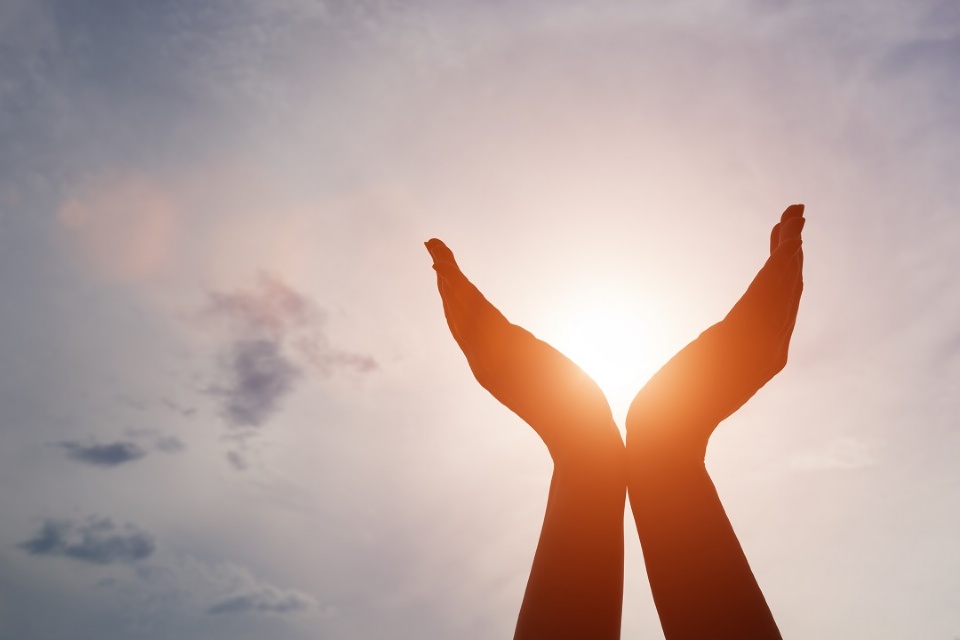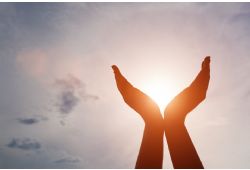Dr. Domenic Ruso, Founder and Lead Pastor at the 180 Church, reflects on how a crisis such as the current pandemic can make us question but also reaffirm our spirituality or religious beliefs, making way for personal and community growth. “A crisis provides a type of disorientation which we can use to see things in a new way. Spirituality and faith are about getting a glimpse of the person you truly are and the one God is calling you to become,” says Ruso.
Spirituality
in 2021
There
truly is no better time than the present to assess what spirituality means to
you. If you’re having trouble identifying the meaning for yourself, it can be
helpful to break it down into its simplest terms. “I’d say spirituality, in a
general sense, is to feel that there is more to life than just what we can see
or understand. With that comes a longing to know that our lives matter and that
our life is purposeful,” says Ruso.
If anything, says Ruso, the pandemic has broadened his outlook on spirituality. He points to the government’s use of the term ‘mental health’. “Mental health is essential, but we cannot miss or minimize that by ‘mental’ we are dealing with the inner fabric of feelings, desires, dreams, relational connection and our place in the world,” he says. “Spirituality needs to be included as a key component of mental health awareness […] COVID can and must be a wake-up call for us to get serious about caring for the whole person.”
Ruso says that COVID has added a new challenge of detachment from one another. We are unable to process and explore within our communities. “Community is where our daily actions and our inner spiritual life come together in a beautiful way. When this happens, we know we can make a difference and grow into people we are proud of,” he says. “With this time of extended isolation, we have all been put into spaces where we’ve realized that we need to be more patient, kind and aware of how others process their feelings without overreacting,” he says.
Moving Forward
If you’ve struggled with the emotional toll the
pandemic has taken, Ruso insists that it’s okay to feel sad, tired, or frustrated
but suggests that you decide not to stay there. “Our broken world and our past
regrets don’t get the final word about who we are. Each of us is loved by God
and with that at the center, spirituality is about a growing desire to become
what God calls us to be,” he says. “When that happens, there is a new confidence
we develop to be at peace while the world around us feels chaotic. This is at
the core of a spiritual life that is non-negotiable in 2021 and the world we
dream of post-COVID.”

 In The Latest Issue:
In The Latest Issue:





Tweet
Share